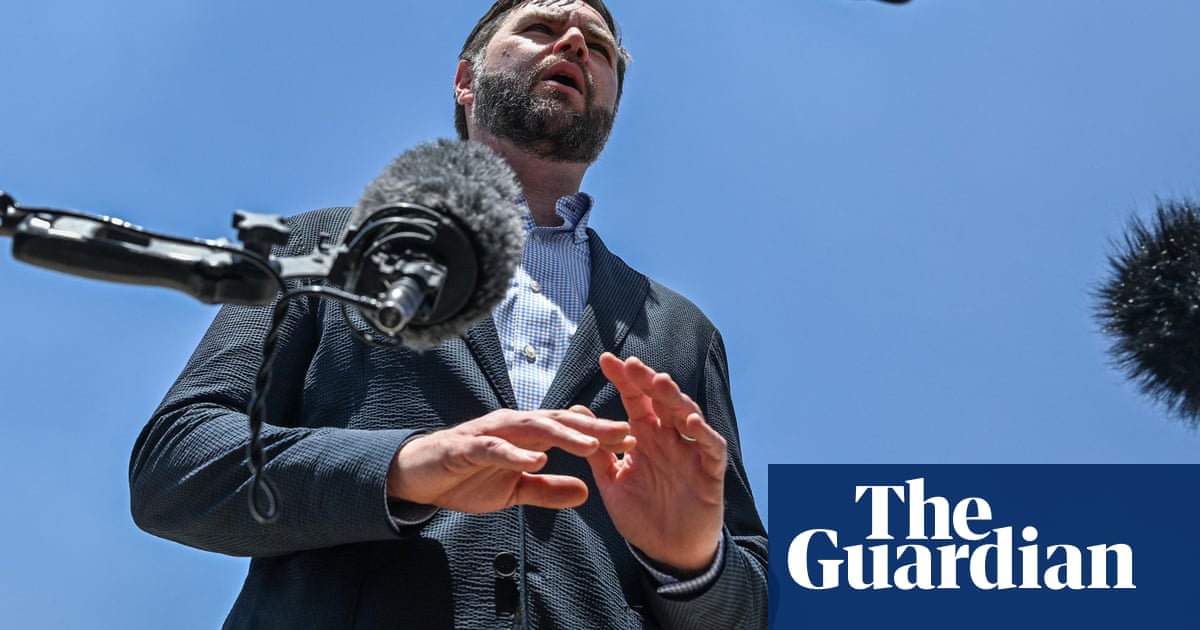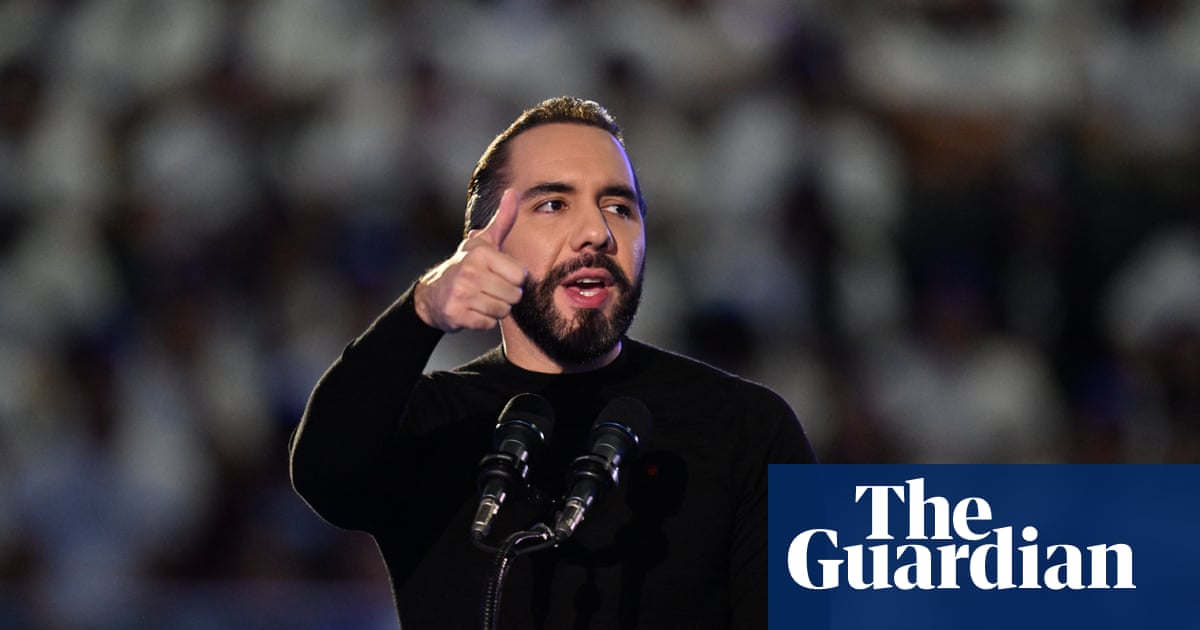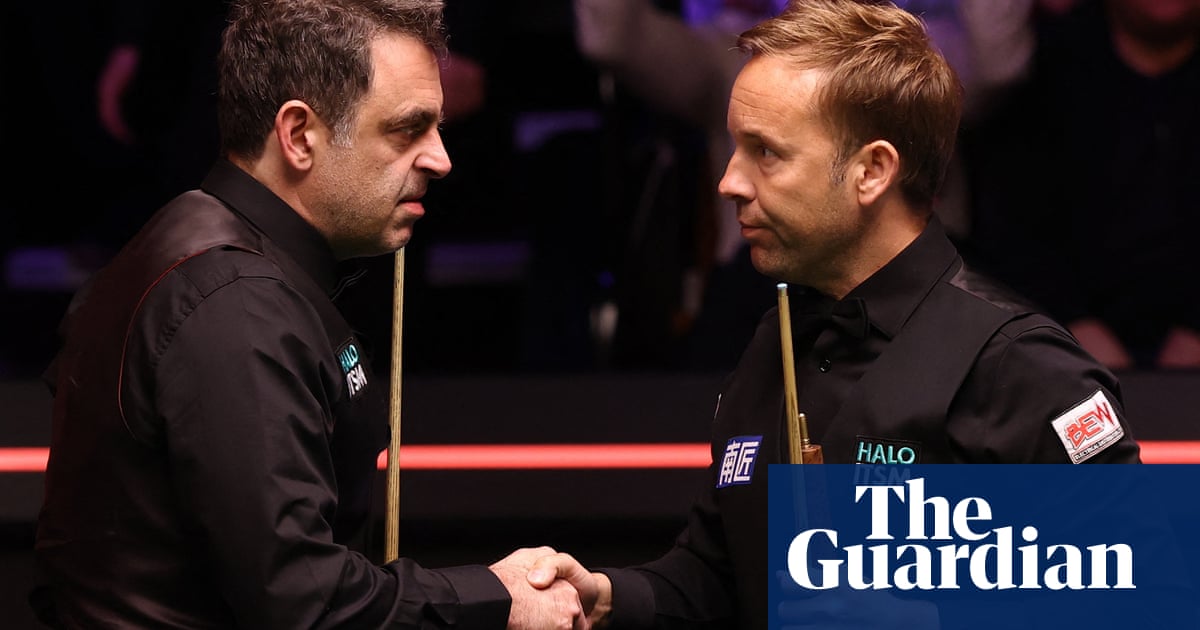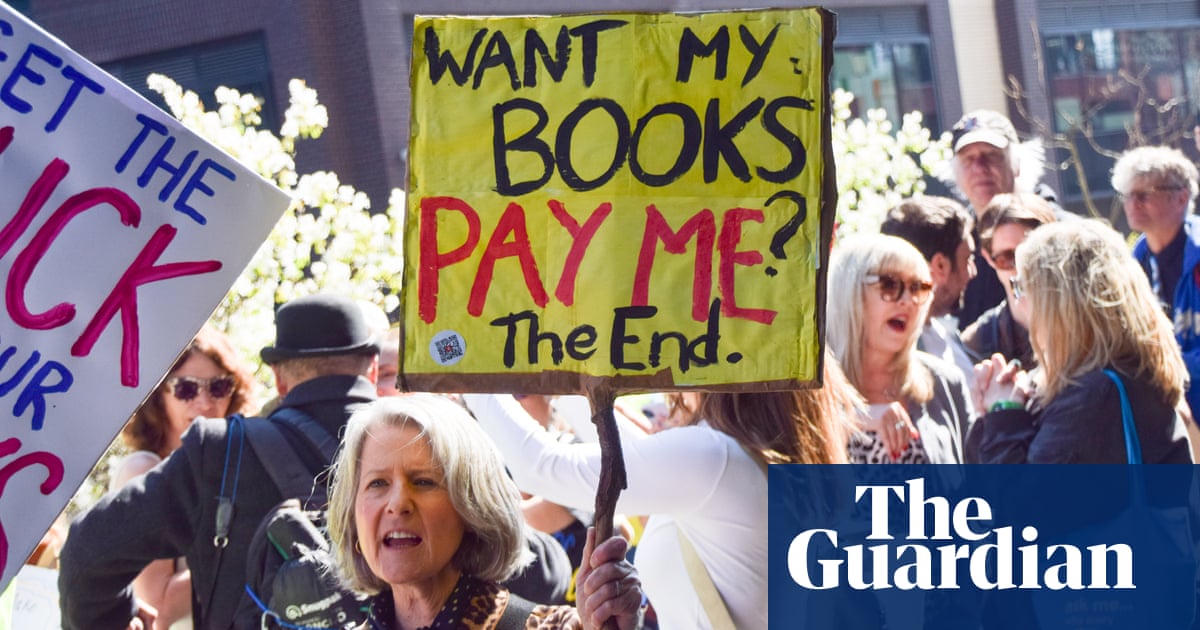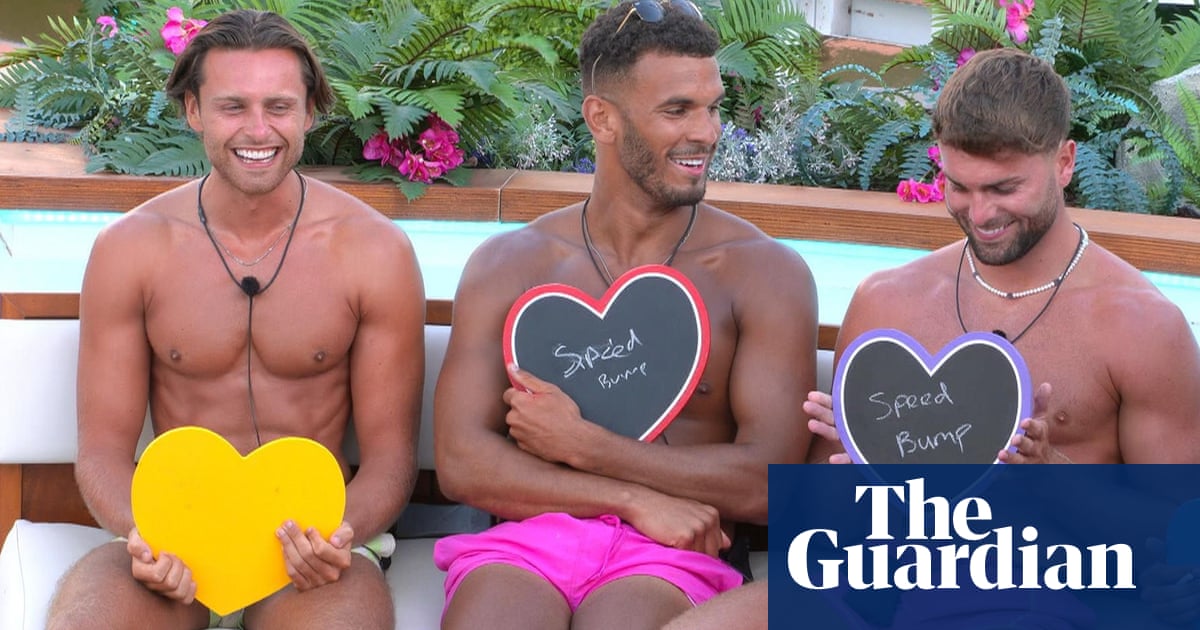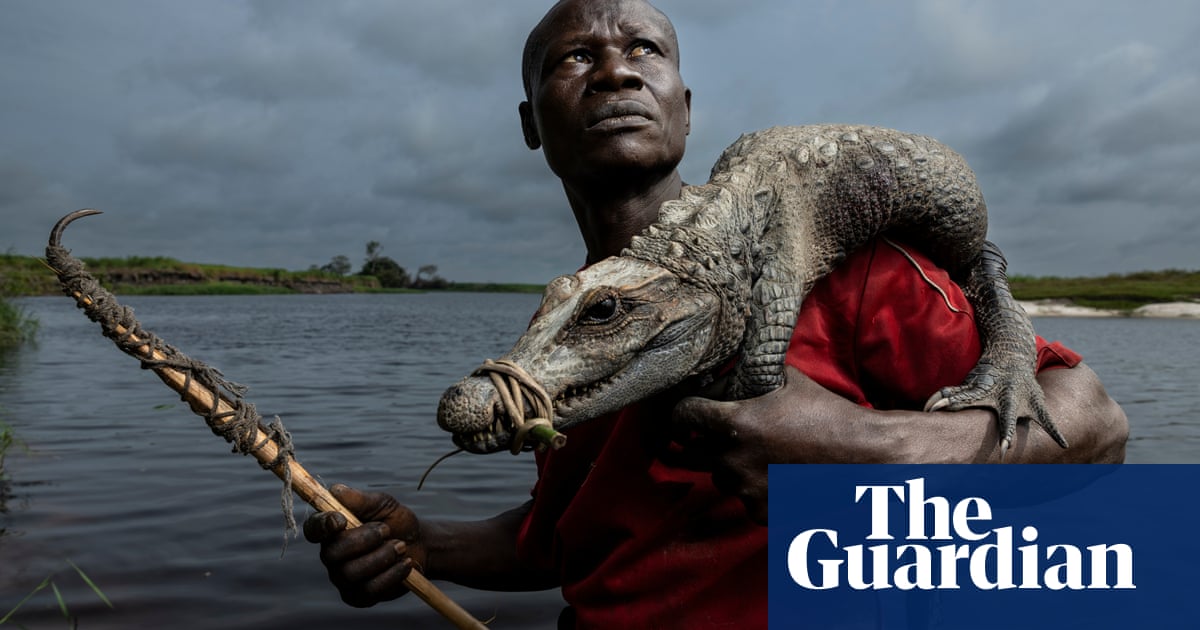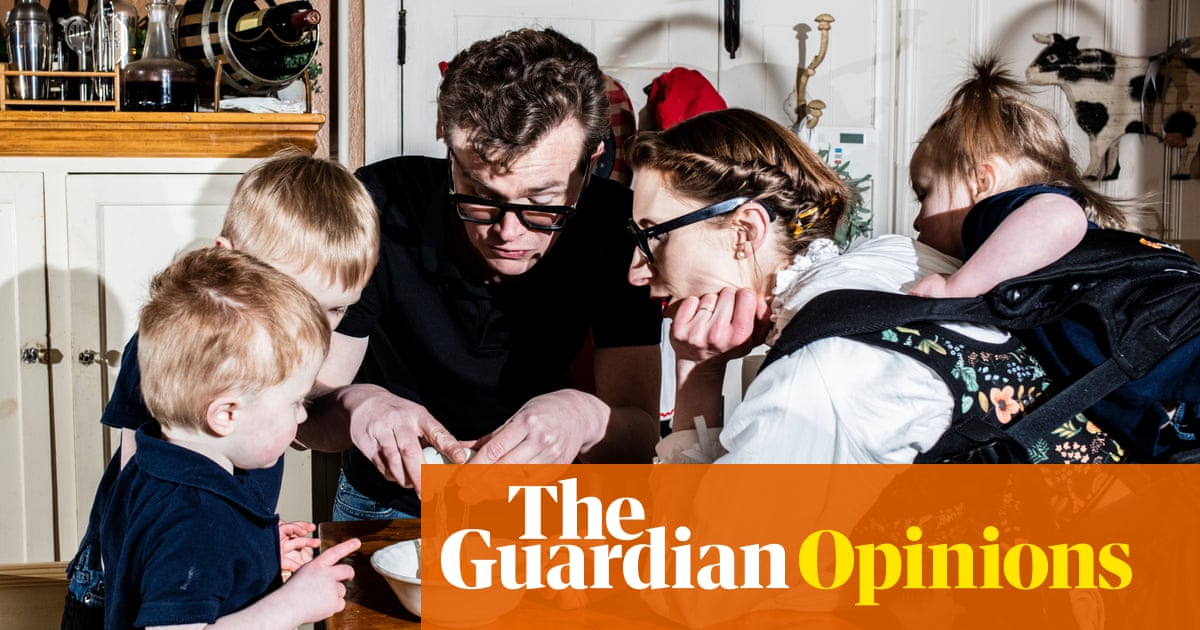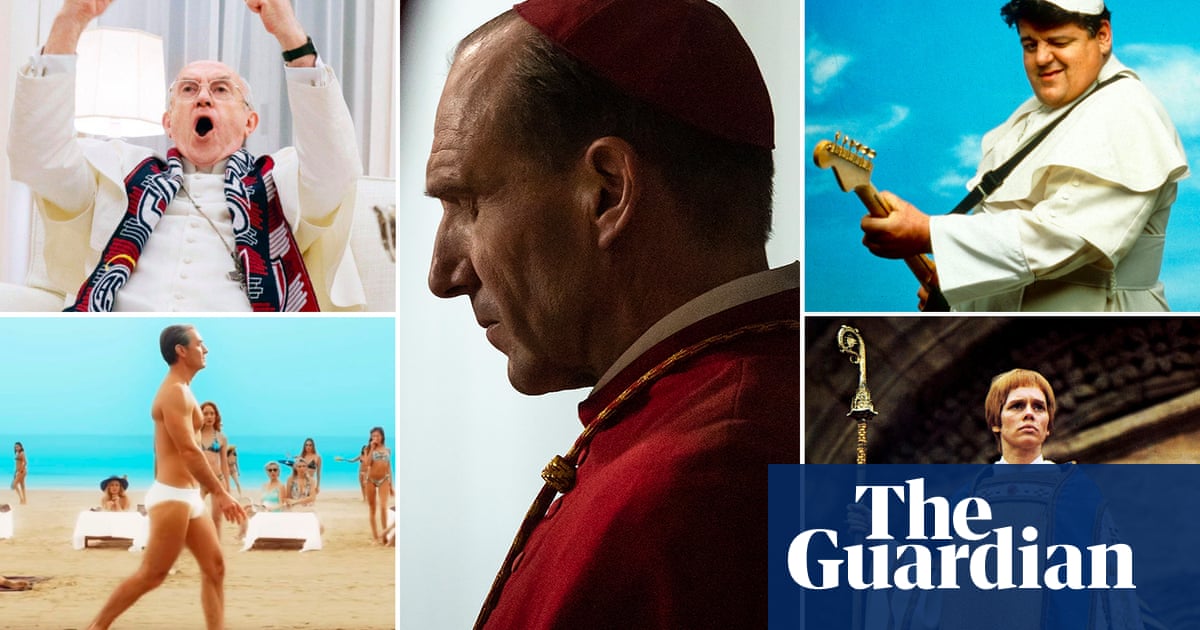Ministerial-level Ukraine peace talks that were due to take place in London on Wednesday have been postponed at the last minute amid speculation that Russia is willing to change its position and after the US secretary of state, Marco Rubio, said he could not attend.
The UK Foreign Office indicated that ministerial-level meetings would be replaced by discussions at an official level – though initial public comments from the Kremlin suggested Moscow still opposed Nato countries sending peacekeepers to Ukraine.
Posting on social media just before midnight, Lammy said his discussions with Rubio were productive but hinted that they would take place at a lower level. “Talks continue at pace and officials will meet in London tomorrow. This is a critical moment for Ukraine, Britain and Euro-Atlantic security,” he said.
Ukraine, nevertheless, brought along a senior delegation led by Andriy Yermak, Voldoymyr Zelenskyy’s powerful chief of staff, plus the foreign minister, Andrii Sybiha, and defence minister, Rustem Umerov. “Despite everything, we will work for peace,” Yermak said.
Early on Wednesday, nine people were reportedly killed after a Russian drone hit a bus carrying workers in the Ukrainian city of Marhanets – one of 134 large drones that Ukrainian authorities reported had attacked the country overnight.
Britain had placed an important emphasis on the talks, which were due to be hosted by Lammy and with delegations from France and Germany also due to participate. The US said it would send its Ukraine envoy, Keith Kellogg, instead of Rubio.
The late downgrade came after reports apparently from Russia and the US suggesting the two countries had made progress in separate bilateral peace discussions between the White House and Kremlin.
Leaks to the Financial Times and other media indicate that Russia is willing to abandon its territorial claims to three Ukrainian regions it only partly occupies after three years of fighting in return for the US formally recognising the annexation of Crimea as part of a ceasefire agreement.
At present neither Russia nor the US has gone on the record to confirm the reports, though on Monday the US president, Donald Trump, said he would be providing “full detail” on the peace proposals “over the next three days”.
But a source familiar with Moscow’s thinking confirmed to the Guardian that Vladimir Putin had offered to freeze the conflict in Ukraine along the current frontlines during recent talks with Steve Witkoff, Trump’s Middle East envoy.
However, the source cautioned that it remained unclear what other demands Putin might present – and cautioned that the apparent concession could be a tactic to draw Trump into accepting broader Russian terms.
Ukraine’s president said on Tuesday his country could not accept recognising Crimea as Russian territory. “There is nothing new to mention or discuss. Ukraine will not recognise the occupation of Crimea,” he said, adding it would be incompatible with Ukraine’s constitution.
In addition to previously reported demands, such as Ukraine not joining Nato, Russia could also seek an end to western military aid for Kyiv and a ban on the presence of western troops in Ukraine.
Speaking to reporters on Wednesday, Putin’s spokesperson, Dmitry Peskov, said Russia continued to oppose the presence of European peacekeeping forces – which Ukraine sees as the only viable alternative to Nato membership for ensuring its security.
Peskov added that there were “many nuances” surrounding negotiations to end the conflict in Ukraine, and that the positions of the various parties involved had yet to be brought closer.
Britain and France have proposed leading a 30-country strong “reassurance force” to be deployed in Ukraine after a ceasefire designed to prevent a future outbreak of fighting, though Russia has said in the past it objected to this.
Lammy had been hoping to bring together the US, Ukraine and Europe in the peace discussions on Wednesday and so maintain relationships between traditional allies even while the direct US-Russia talks continued.
But the British minister was embarrassed by Rubio’s sudden decision late on Tuesday not to turn up and a rising chorus of leaks apparently from the US and Russia, designed to derail the discussions and to promote the idea that the most significant discussions were those taking place directly between Washington and Moscow.
Initial indications suggest Russia is willing to trade territory it does not control in Ukraine – in effect, fresh air – for a US recognition of its 2014 seizure of Crimea, in other words a formal acknowledgment that it is possible to change borders by force, in effect creating an extraordinary post-second world war precedent.
The Kremlin’s signals are carefully calibrated and almost certainly designed to make it difficult for Zelenskyy. Ukraine’s leadership has repeatedly signalled – as Zelenskyy repeated on Tuesday – that it could not legally recognise the seizure of Crimea or any of its other territory that Russia occupies.
But Russia may be banking on the idea that Ukraine is weary after more than three years of war and that its proposal is a reasonable counter to western suggestions, backed by the US, Ukraine and Europe, that there should be an immediate and full ceasefire to allow other talks to take place.
Russia has been accused of bad faith by Ukraine and the UK in recent days. Ukraine counted more than 2,000 violations of a 30-hour Easter ceasefire announced by Putin over the weekend, while the UK defence secretary, John Healey, said on Tuesday that the halt had not been adhered to.
“Despite President Putin’s promise of a 30-hour pause in fighting, I can confirm that Defence Intelligence [an MoD unit] has found, and I quote, ‘no indication that a ceasefire on the frontline was observed over the Easter period’,” he told MPs.

.png) 5 hours ago
4
5 hours ago
4

